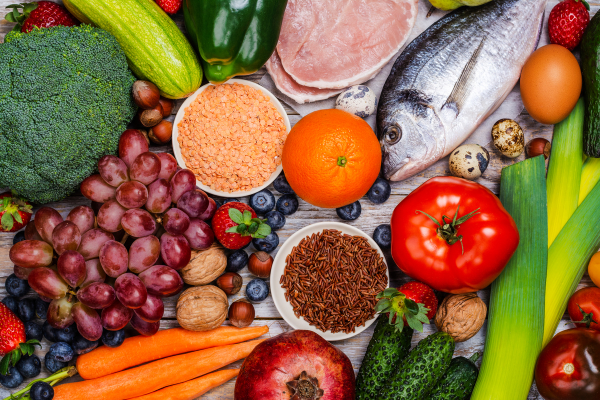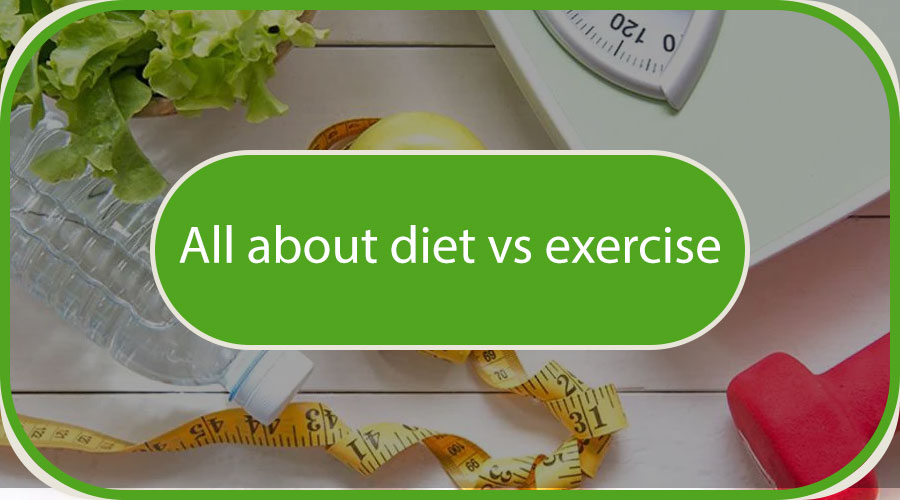
Heart disease remains the leading cause of death in the United States. It has not changed in almost a century. It is possible to prevent heart disease by adopting healthy lifestyle habits. Here are just some. Healthy for the heart is eating fruits and veggies. Quitting smoking is another great way to lower your risk of heart disease. Remember to exercise regularly to lower your blood pressure. What are the best practices to avoid heart disease and prevent it?
Exercise lowers your risk of developing heart disease

People know exercise can reduce your risk for heart disease and increase your lifespan, but they may not be aware of how much. The best insurance policy for your heart is exercise. It offers both short-term as well as long-term protection. According to some estimates, a single exercise session can protect your heart for as much as two to three hour. The American Heart Association recommends that you exercise at least 30 minutes per day, five to six times per week.
Fruits and veggies are healthy for your heart
While it is hard to ignore the cholesterol and saturated fats in processed foods, fruits and vegetables are among the most important foods you can eat. One cup of raw broccoli has a substantial amount of beta-carotene, as well as many vitamins and minerals such vitamin C and folate. Broccoli is a good vegetable to add to a soup or salad, as well as being high in fiber. Cantaloupe and cucumber are also heart-healthy vegetables and fruits.
Quitting smoking reduces risk of heart disease
Nicotine is the main ingredient in cigarette smoke, but other chemicals present in cigarette smoke are also damaging to your heart. Your arteries are damaged by carbon monoxide or tar. These chemicals can increase blood pressure and speed up your heartbeat. They also cause damage in your lungs. To add to these, smoking can also cause lung cancer. Fortunately, there are many benefits to quitting smoking.
Exercising lowers blood pressure

Regular exercise can be one of your best options to lower your blood pressure. It can take anywhere from one to three months before you start to notice changes in blood pressure. Additionally, the benefits of exercise are only as good as your commitment to it. It is possible to incorporate aerobic exercise in your daily routine, whether you are jogging, walking or riding your bicycle. You can also try lifting weights and performing high-repetition exercises with low weights. Your lifestyle and blood pressure will impact how much exercise you can do.
Sleeping enough can help lower your risk of developing heart disease.
Numerous studies have linked poor sleep to death and cardiovascular disease. There is more research that shows a connection between sleeping disorders, and cardiovascular disease. People who suffer from a variety common sleeping disorders are more susceptible to developing cardiovascular conditions like plaque buildup, arrhythmias and coronary artery disease. Some neurological sleep disorders also increase risk of cardiovascular disease. Most importantly, good cardiovascular health depends on getting enough sleep.
FAQ
Is there any side effect to intermittent fasting?
There are no known negative side effects of intermittent fasting. If you don't plan well, you may experience minor issues.
If you skip breakfast, your day might be interrupted by irritability. It is possible to experience headaches and muscle cramps.
These symptoms often disappear within a few hours.
Can I eat fruits during intermittent fasting?
You can't go wrong with fruits. They are rich sources of vitamins, minerals. Fiber, antioxidants, as well other nutrients. But, they can also contain sugar that can spike blood glucose levels. This can lead insulin resistance and weight increase. If you're looking to lose weight with an IF diet then you should choose fruits that are low in glycemic.
Is there any difference between intermittent fasting and calorie restriction?
Calorie restriction can be defined as eating less than your body needs. Intermittent fasting is different because it doesn't involve restricting calories. Instead, Intermittent Fasting is about eating fewer calories per day.
Intermittent fasting allows you to indulge in foods that you love while feeling guilt-free.
Each method has its pros and cons. You will need to decide which method is best for you.
Does intermittent fasting affect my sleep?
Yes, intermittent fasting can impact your sleep. If you skip meals, your hunger hormones will increase. This can lead to you waking up early in the morning.
Experts advise skipping breakfast. Instead, they suggest having a light snack before bedtime.
If you still wake up hungry after this snack, you can consume a small meal just before going to bed.
Be careful not to overeat. Otherwise, you'll end up gaining weight instead of losing it.
What Can You Lose in One Week?
The amount of weight you can lose depends on your current body fat percentage. The first thing to do is to calculate how much weight you want to lose and then find out what your BMI (Body Mass Index) is. Your BMI indicates how much weight we should lose to achieve our goal. If your BMI is 25 or greater, you're overweight. If your BMI reads 30 or more, you are likely obese.
For example, let's say you have a BMI of 28.7 and are 200 pounds. This means that you'd need to lose around 70 pounds to get down to a healthy weight range. To see if you're overweight, visit www.healthyminds.com/bmi/.
Once you have your BMI, you are able to use this formula for calculating how many pounds each week you will lose.
(Your Goal Weight - Current Weight)/BMI * 7 Number Of Pounds Lost Per Week
To lose 50 pounds in a month, you would need to exercise for 2 weeks. That's 56 days divided by 7 pounds per day. This works out at 8.3 pounds per week.
You could also try this calculator from www.weightlosscalculator.net. It gives you a rough estimate of how many calories you should eat daily to lose 1 pound per week.
Do cardio exercises work fast to help me lose weight?
Cardio exercises can be great for burning calories but not necessarily helping you lose weight. It depends on how fat you have and what exercise you do.
If you're obese, cardio exercises might not be enough for you to shed those extra pounds.
It is important to combine them with exercise and diet.
For example, running or jogging are great cardio exercises to help you lose weight quickly. These cardio exercises burn more calories than any other type of exercise.
Resistance training is necessary if you are looking to build muscle and not lose fat. Resistance training uses no weights or machines. It also includes elastic bands and free weights.
Combining cardio exercise with resistance training is a great way to lose weight quickly.
To lose weight fast, you need a combination of both cardio and resistance training.
Statistics
- According to a study sponsored by the American Council on Exercise, a person weighing around 140 pounds (64 kg) would burn 108 calories at a 30-minute beginner's Pilates class or 168 calories at an advanced class of the same duration (26). (healthline.com)
- Another study found that 24 weeks of weight training led to a 9% increase in metabolic rate among men, which equated to burning approximately 140 more calories per day. (healthline.com)
- Among women, the increase in metabolic rate was nearly 4%, or 50 more calories per day (14Trusted Source (healthline.com)
- One 6-month study showed that simply doing 11 minutes of strength-based exercises 3 times per week resulted in a 7.4% increase in metabolic rate, on average. (healthline.com)
External Links
How To
9 tips to lose weight naturally
The number one problem that people face is losing weight. If you are always trying to lose weight, it's difficult to maintain healthy living. There are many ways to lose weight like dieting, exercising, etc., but these methods do not work permanently.
Today I will share natural ways to lose your weight with no side effects. Let's start!
-
Lemon Water Lemon water will help flush out toxins. This beverage detoxifies your body and boosts your energy levels throughout the day. This drink is great for weight loss.
-
Consume more vegetables. Vegetables are rich in fiber, vitamins, minerals and antioxidants that are vital for our health. They give you a feeling of fullness. Eating vegetables can help you lose weight.
-
Increase Protein Intake. Protein is an important nutrient that plays an important role in building muscles. A high-protein diet will help you gain lean muscle mass and reduce your weight.
-
Green Tea: Green tea has caffeine, which lowers appetite and speeds up metabolism. Caffeine has been proven to increase thermogenesis (the process that heat is generated). Thermogenesis is what makes coffee drinkers more likely to consume less fat than non-coffee drinking counterparts.
-
Use Cold Showers. Taking cold showers can help you burn more calories. Research shows that cold showers have up to 50% less calories than warm showers.
-
Avoid Alcohol. Overeating is often caused by alcohol. It is easy to gain weight if alcohol is consumed frequently.
-
Cardio Exercise Daily. Cardiovascular exercise can help reduce weight. It improves blood circulation, energy levels, and keeps people fit. You can run, walk, swim or cycle.
-
Don't Skip Meals. Eating small meals throughout the day rather than three large meals can help you control your hunger pangs. Skipping meals causes fatigue and lack of concentration, so it's better to avoid skipping meals.
-
Reduce Sugar Consumption. Sugar can be addictive and negatively affect your mood. Sugar temporarily gives you energy, but once you stop eating sugar you will feel tired and slow.